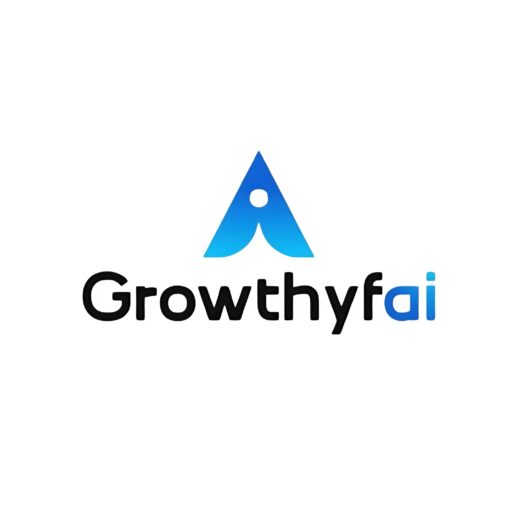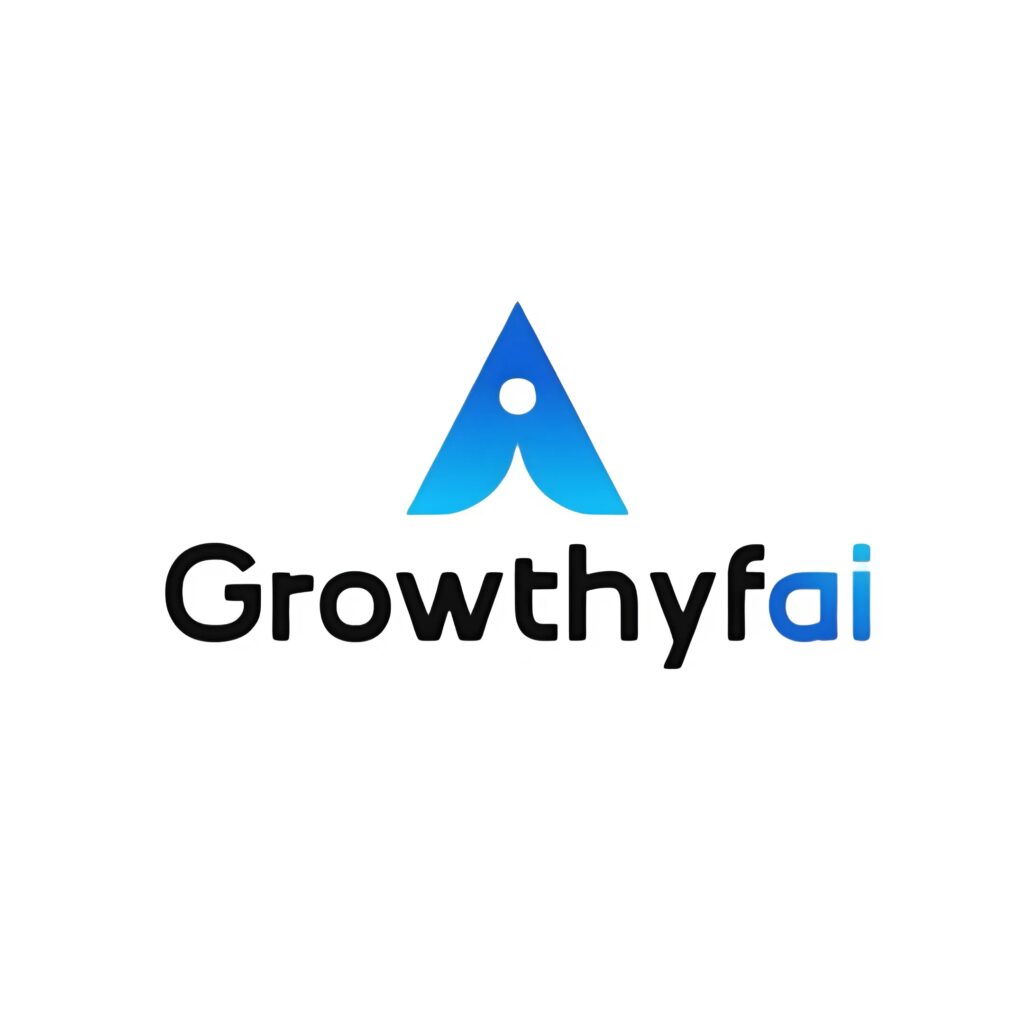How AI is Shaping the Future of Personalized Medicine


Introduction
In the rapidly evolving world of healthcare, artificial intelligence (AI) stands at the forefront, revolutionizing various facets of medical practice. Among the most transformative areas is personalized medicine, where AI’s integration is paving the way for highly tailored patient care. Personalized medicine thrives on the principle that treatment should be customized to the individual characteristics of each patient. With AI’s potential to analyze vast datasets and derive actionable insights, the future of personalized medicine looks more promising than ever.
Understanding Personalized Medicine
Personalized medicine, also known as precision medicine, refers to medical practices that use an individual’s genetic profile, lifestyle, and environmental factors to guide decisions about prevention, diagnosis, and treatment of diseases. This approach shifts the focus away from the traditional “one-size-fits-all” methodology, instead emphasizing interventions tailored to the unique makeup of each patient. The benefits of personalized medicine range from improved treatment outcomes to reduced incidence of adverse drug reactions, ultimately leading to more efficient healthcare systems.
AI’s Role in Genomic Sequencing
The cornerstone of personalized medicine is genomic sequencing. AI algorithms have significantly accelerated the process of genomic analysis by efficiently sifting through genetic data to identify mutations and variants associated with diseases. Machine learning models can predict the impact of specific genetic alterations, which is essential for developing targeted therapies.
For instance, AI has shown proficiency in identifying biomarkers for cancers, enabling oncologists to design personalized treatment plans. Companies like Deep Genomics utilize AI to predict how genetic variations can cause disease, and suggest possible therapeutic strategies, thus streamlining the drug discovery process.
Enhancing Diagnostics with AI
AI-driven diagnostic tools are transformative for personalized medicine. Machine learning algorithms can analyze medical imaging, blood tests, and even electronic health records to provide accurate diagnoses with lightning speed. A prime example is the use of AI in radiology, where algorithms can detect tumors years before they become visible to the human eye, thanks to pattern recognition abilities.
Consider PathAI, a company that uses AI to improve diagnostic pathology. Their AI-powered platform assists pathologists by delivering more precise diagnostic results, which is vital for choosing the most appropriate treatment paths for patients, particularly in cancer care.
Drug Development and AI
The traditional drug development process is costly and time-consuming, often failing to account for individual patient variations. AI addresses this challenge by analyzing big data to personalize drug discovery and repurposing. AI models help researchers understand how different patients might respond to a particular drug, thus expediting the development of more effective treatments.
Insilico Medicine is a pioneer in AI-driven drug discovery, leveraging machine learning to predict how specific compounds will interact with different genetic profiles. This approach not only shortens the development timeline but also increases the probability of clinical success by focusing on patients most likely to benefit from the drug.
AI in Predictive Analytics
Predictive analytics, bolstered by AI, is another promising domain in personalized medicine. By analyzing historical and real-time data, AI can forecast disease progression and treatment responses, assisting healthcare providers in making informed decisions. Predictive models can suggest interventions that prevent diseases from developing or progressing, tailoring preventive measures to individual needs.
For example, IBM Watson Health’s AI system analyzes vast amounts of data to predict patient outcomes, offering insights that help in crafting personalized healthcare strategies. This capability is particularly beneficial in chronic disease management, where early intervention can drastically alter patient trajectories.
Ethical Considerations and Challenges
While AI’s promises in personalized medicine are immense, they come with ethical considerations. Data privacy is a pressing concern, as the sensitive nature of genetic information necessitates stringent security protocols. Additionally, the reliance on algorithms raises questions about the transparency and accountability of AI-driven decisions.
Furthermore, there is a critical need for interdisciplinary collaboration to address these challenges, involving ethicists, technologists, healthcare professionals, and policymakers, ensuring that AI advancements align with societal values and patient welfare.
Conclusion
AI is indisputably influencing the future of personalized medicine, offering unprecedented opportunities to enhance patient care by making treatments more targeted, effective, and preventative. By harnessing AI’s capabilities, the healthcare industry is poised to transition towards a more individualized approach, setting new standards for what is achievable in medical treatment.
As we look ahead, ongoing advancements in AI technology promise to further refine personalized medicine, unlocking its full potential. Nevertheless, addressing ethical concerns and ensuring seamless integration into existing healthcare systems will be crucial for realizing AI’s transformative impact on personalized medicine. The future is undoubtedly promising, and the journey towards fully personalized patient care is a path of innovation and collaboration.








